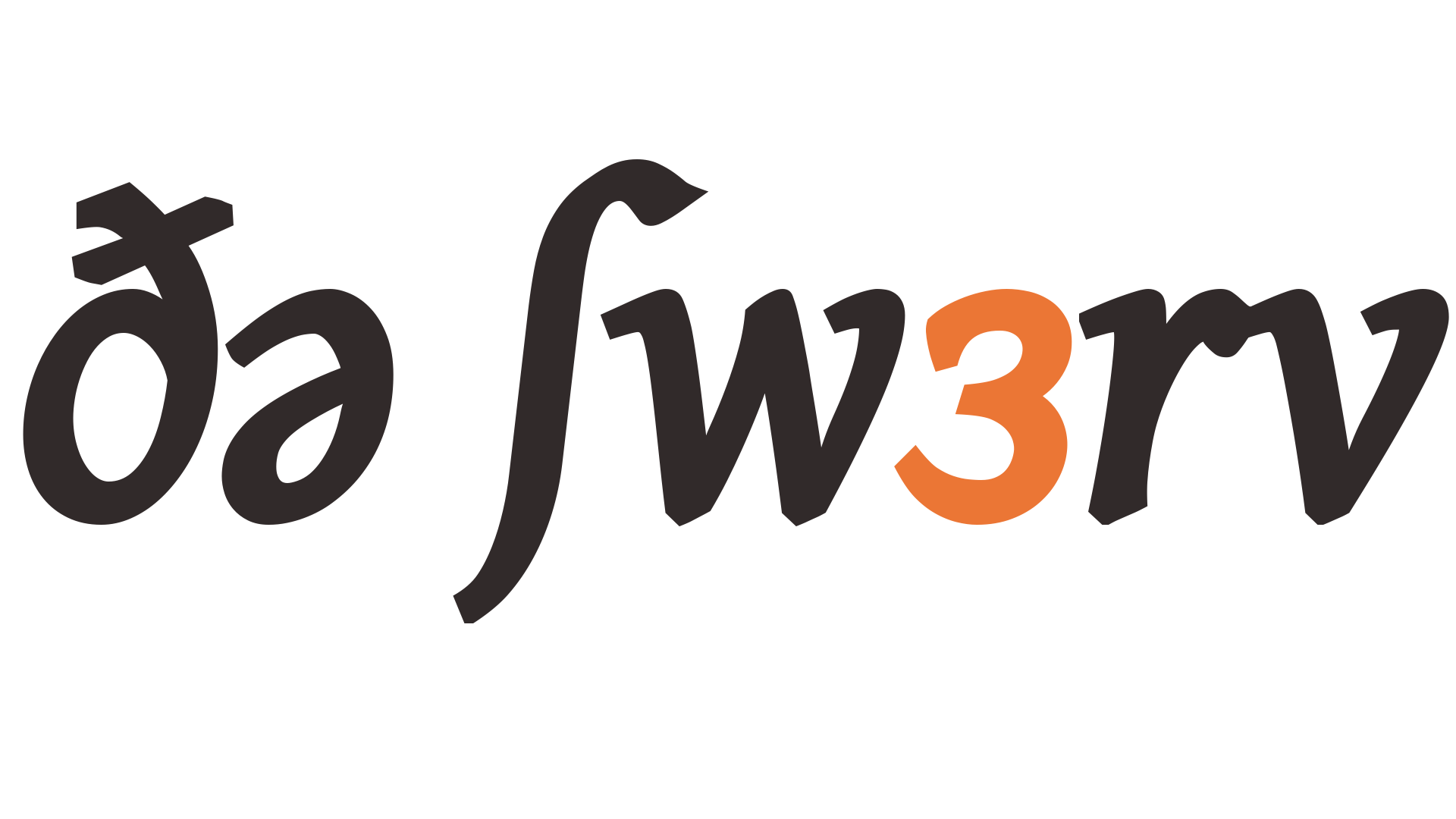Advice about advice

If I’m being honest, I’m pretty thin-skinned. I have trouble taking criticism, quickly crumbling into a puddle of incoherent goo when something I’ve created is being judged.
At work, this is more tolerable, at least because at the end of the day, I got paid. I can lick my wounds with a paycheck. It helps that I’ve built up a career and experience to match.
But for writing, it’s another story. Only recently have I found to way to be at peace with criticism. I think I’m getting better at offering it, as well.
How can I help?
When reading others’ works with the hope of offering something beneficial, I’m most comfortable when I adhere to these three axioms: 1) Honest, 2) Useful, and 3) Kind.
My critique should be two of those three. Ideally, all three. Almost always, the last one is paramount. If what have to say is unkind, then perhaps it is best left unsaid.
Is this fair to the other person? Maybe not. They may have much thicker skin than I and can handle a little bit of grit.
But it’s not good for me. I feel terrible if I can’t say something nice, especially if that person is my friend—or someone whom I wish was a friend! I figure that at some point, they are going to get more severe criticism from someone else—an editor, a publisher, a Goodreads reviewer. I’ll let that other person err on the side of cruel.
A lot of critiques I’ve received in the past obsessively focused on honesty. But honesty is often paired with cruelty, unintentionally, but there it is. Honest but cruel—I’ve found—is a breeding ground for contempt.
Cruelty was the point
Let me tell a little story. It’s a work story, not a writing story, from many, many jobs ago, but it illustrates my thinking the best, I think. Trigger warning (for me): It’s about a shitty boss.
John—not his real name—held weekly one-on-ones in his office, where he’d berate me for all the things I’d done wrong, from my failure to respond properly on the right channels, to not doing enough to smooth over the feelings of other team members, to minor nits like not keeping up with email or not knowing what a three-letter acronym stood for. He was highly critical of my yawns! To this day, I’m self-conscious about yawning even on Zoom calls, where I turn the camera off.
It so was awful that I actually resorted to reciting Dune’s Litany Against Fear over and over in my head as the blood pumped in my ears.
Then he’d switch gears and want to talk about music and cars and kids. The whiplash was painful.
He once asked his underlings how we could give each other feedback better. I volunteered the “Rose-Thorn-Rose” approach to break the eerie silence. He ripped into me, accusing me of offering him a “Shit Sandwich” (his words). I understood in that instant that his empathy engine was fundamentally broken. All communication for him was point (2) from above—if it didn’t have utility, it was “shit”. And, I would argue, it didn’t even have that.
When on the receiving end of such a tirade, I just want to curl up and die. It had nothing to do with being thin-skinned, either. John’s criticism had long since crossed a boundary and became bullying.
Clutch your teddy bear tight
That example was not just to bring up a painful memory—if you have a totem, now is the time cuddle them (mine is a teddy bear named Ami). There is a point where criticism teeters between useful and abuseful. But recognizing that boundary and steering well clear of it: ‘tis a consummation devoutly to be wished.
Back in the writers’ world, I had to find people who share similar boundaries as me. It wasn’t fast, or easy. And sadly, as I learned my boundaries, I gave critiques that the person I am today would be ashamed of.
The world is cruel enough. Creating art is ridiculously hard. If I’m involved at all in any way with that process for another human being, let me first do no harm, and maybe lend a little light as well.
Most importantly, as someone getting feedback, I had to learn to give myself permission to say “Thanks for the feedback” and then toss that feedback in the trash can. And that’s okay, too. It doesn’t mean the other person wasn’t being genuine. It doesn’t mean they weren’t honest, or helpful, or kind. It just means that I have the confidence now to say that the feedback didn’t work for my artistic vision.
Thank you for reading The Swerve. This post is public so feel free to share it.

